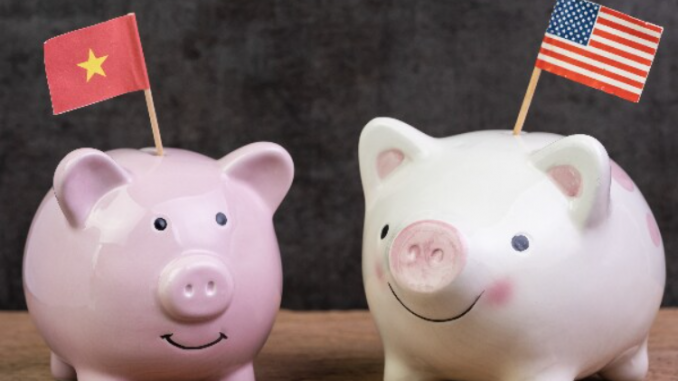
President Joe Biden’s team is still looking at options on whether to cut tariffs on Chinese imports to ease inflation, the White House said on Tuesday, as industry and other requests to maintain the duties mounted.
More than 400 requests to keep tariffs in place on Chinese goods had been submitted to the U.S. Trade Representative’s office as of late Tuesday, complicating Biden’s decision-making.
Among these are a committee of 24 labor unions from the AFL-CIO to the Air Line Pilots Association, which has requested that all of the “Section 301” tariffs imposed by former President Donald Trump continue, covering some $370 billion in Chinese imports.
If he substantially removes the tariffs, Biden will have to turn his back on a key constituency.
He has described himself as the most pro-labor president ever, heavily relying on unions to power his Democratic Party primary and general election wins in 2020.
After weeks of deliberations within the administration over cutting tariffs as a way to ease high inflation, White House Press Secretary Karine Jean-Pierre said Biden’s team was still weighing various strategies.
“There are a lot of different elements to this, especially since the previous administration imposed these tariffs in such a haphazard way, in a non-strategic way,” Jean-Pierre said. “So we want to make sure that we have the right approach. And again, his team is talking, is figuring it out, and they’re talking through this.”
Jean-Pierre declined to provide a timeline for Biden’s decision when asked whether it would wait until he speaks with Chinese President Xi Jinping – a planned call that is yet to be scheduled.
People familiar with the tariff deliberations have told Reuters that Biden also is weighing whether to pair a removal of some tariffs with a new Section 301 investigation into China’s industrial subsidies and efforts to dominate key sectors, such as semiconductors.
A probe would take up to a year to conduct and could lead to a new round of tariffs, but the sources said that Biden can claim that any such duties would be more strategically focused than many of the current tariffs on consumer goods such as cotton sweaters and home internet routers.
The deliberations come as USTR is conducting a four-year statutory review of the tariffs, with one deadline for submitting requests to keep tariffs in place expiring late on Tuesday and another lasting until Aug. 22.
The tariff issue was raised during a call between U.S. Treasury Secretary Janet Yellen and Vice Premier Liu He on Monday night, but a Treasury statement did not mention the duties and focused on broader economic challenges and Russian sanctions.
Via Newsmax
